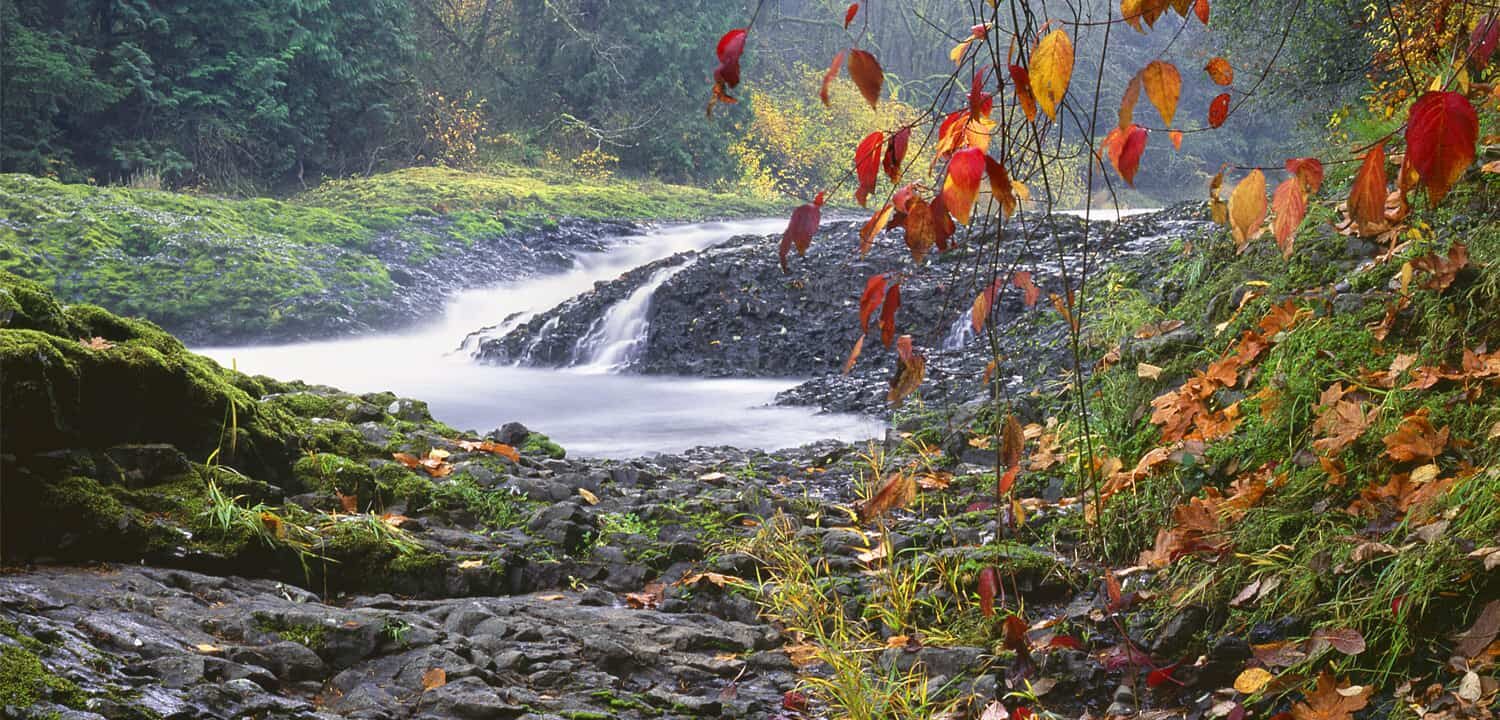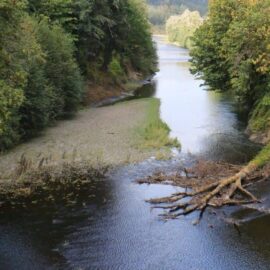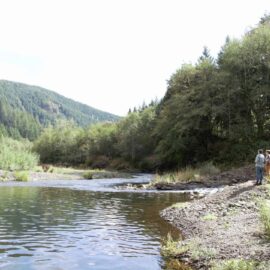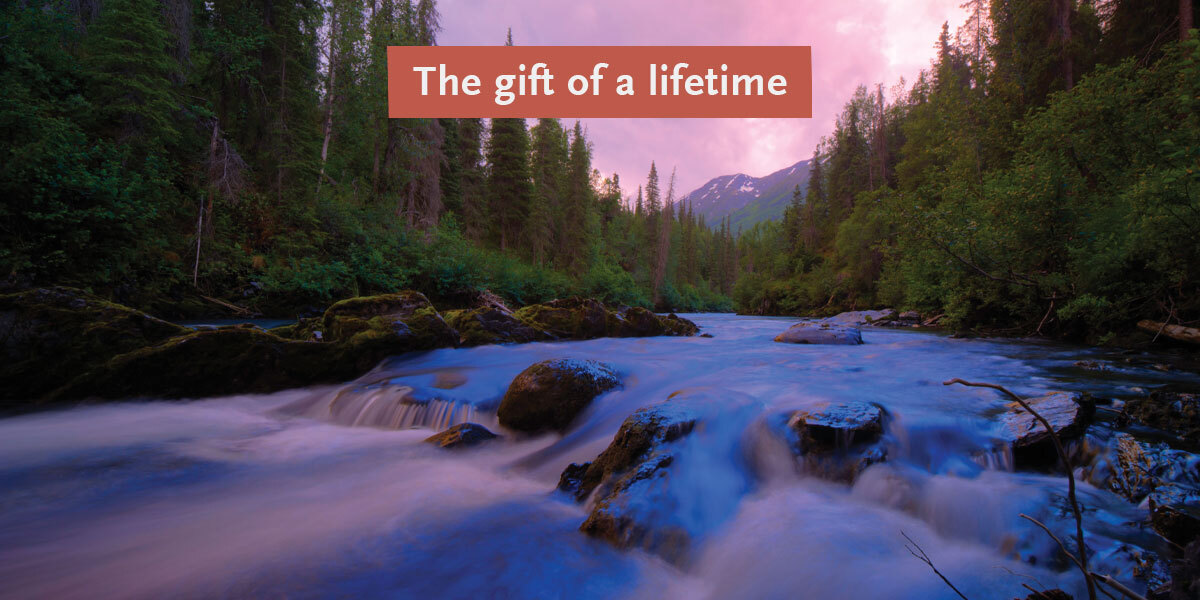Staunch opposition from Tribes, basin residents and conservation groups prompts Washington Governor Jay Inslee to demand a pause—and an alternative.
For two years, Washington’s Office of the Chehalis Basin, formed to address devastating declines in salmon and other aquatic species and protect communities from flood disasters, has been laser-focused on one idea: building a massive 24-story dam in the upper Chehalis River.
For just as long, the proposal has deeply concerned Tribes, fishing guides, conservation groups, and residents throughout the basin. According to Wild Salmon Center and its partners in the Chehalis River Alliance, this dam would risk some of Washington’s best remaining salmon and steelhead habitat, cost taxpayers upwards of $1 billion, and yet do little to solve basin-wide flooding.
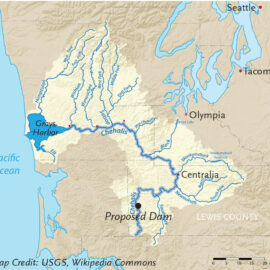
By spring 2020, a groundswell of local opposition dominated online public hearings held by Washington’s Department of Ecology. Meanwhile, supporters of the Chehalis River Alliance, including members of the Wild Salmon Center community, sent hundreds of letters of opposition to the state.
That pressure, bolstered by appeals from the Quinault Indian Nation and the Confederated Tribes of the Chehalis Reservation, has finally spurred state leaders to intervene. On July 22, Governor Jay Inslee sent stern letters to Ecology, the Department of Fish and Wildlife, and Chehalis Basin Board (OCB’s supervisory body), ordering OCB to hit pause on the dam and develop a viable “local actions alternative” to the dam with its remaining state funding. (More than $25 million has already been spent polishing the dam concept.)
“We had a lot of individuals highlight issues,” admitted Chehalis Basin board member Edna Fund in an interview with the Chronicle, in reference to the spring hearings’ strong public pushback.
Now, WSC Senior Washington Program Director Jess Helsley is cautiously optimistic that the board will at last listen to community concerns and stop pushing what she calls a “20th century solution to a 21st century problem.”
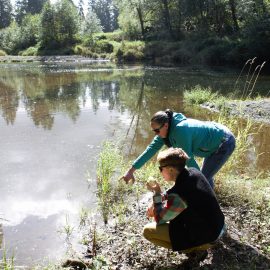
A modern approach, she says, would tackle climate change, dwindling salmon populations, and a century-plus of problematic land use practices with local actions throughout the basin—not one big, destructive wall of concrete. Those actions could include restoring natural floodplain function, promoting smarter development in the basin, and floodproofing or relocating other critical infrastructure in the basin.
“We’ve been asking from the beginning for a local actions approach, and so have the Tribes,” says Helsley. “It’s really due to the Tribes’ leadership that the governor is finally involved and pressing for an alternative to the dam. Had the Tribes been heard from the beginning, we would have broken ground on extensive local action flood mitigation projects by now.”
The Chehalis River Alliance laid out its expectations for OCB’s next step in a statement: “The local actions alternative should be specific with detailed actions to address flood damage reduction in communities throughout the Basin and should complement the ongoing actions identified in the Aquatic Species Restoration Plan.”
Now, Helsley says, it will be a matter of closely watching these agencies to hold them accountable for fully complying with the governor’s directive.
“We’ll be paying close attention to the money, how it’s spent, and who is brought in to advise the development of the local actions alternative,” Helsley says. “We’re asking for a more transparent and open process. The clock is ticking. Basin residents can’t afford another boondoggle.”
“We’re asking for a more transparent and open process,” says WSC’s Jess Helsley. “The clock is ticking. Basin residents can’t afford another boondoggle.”
